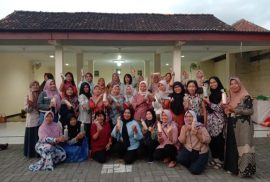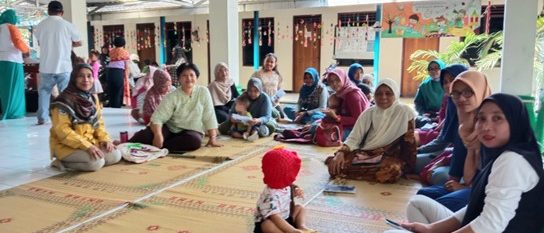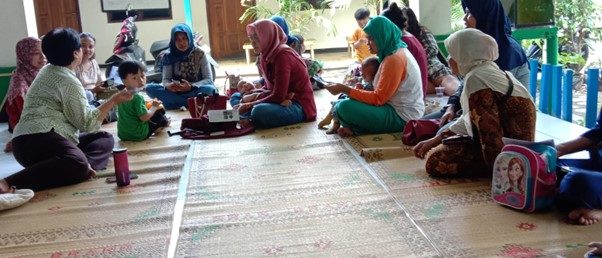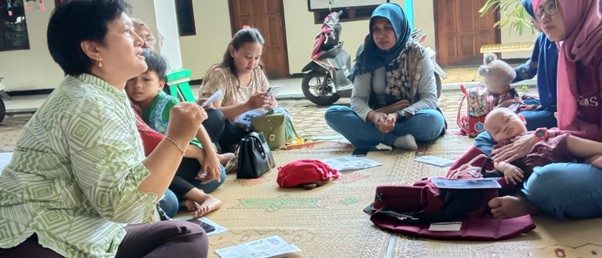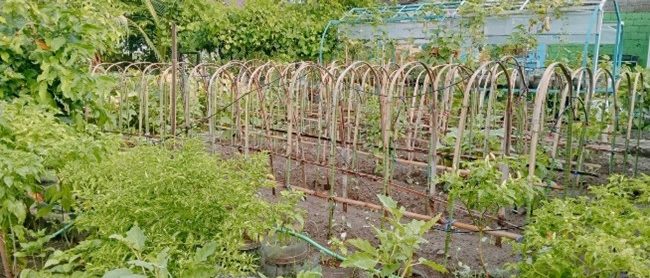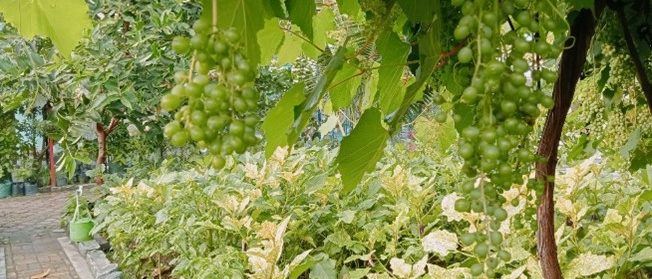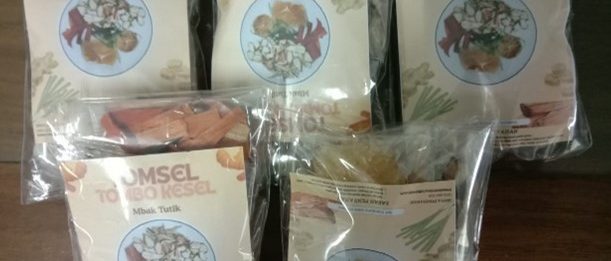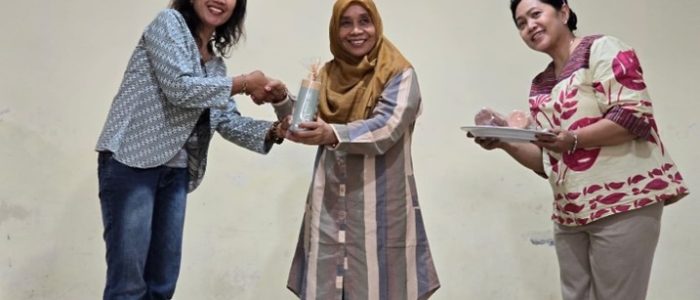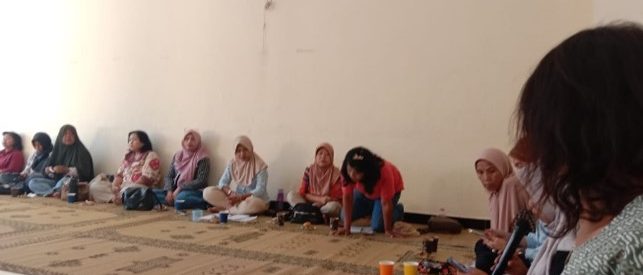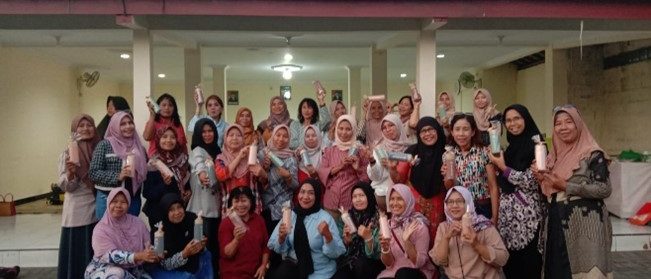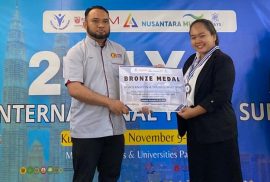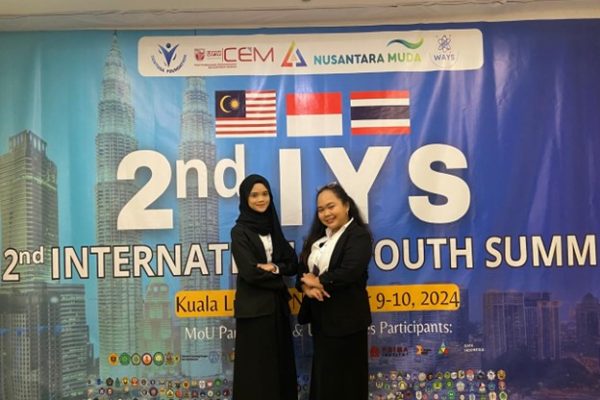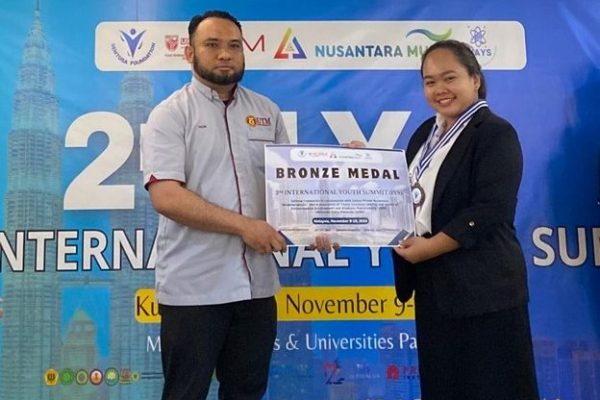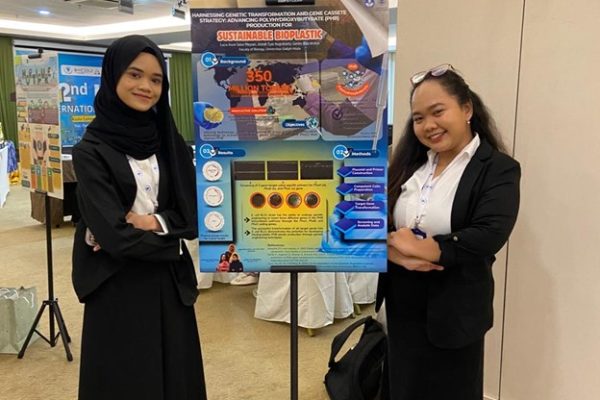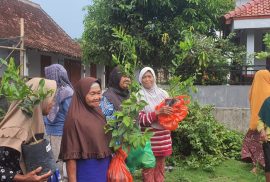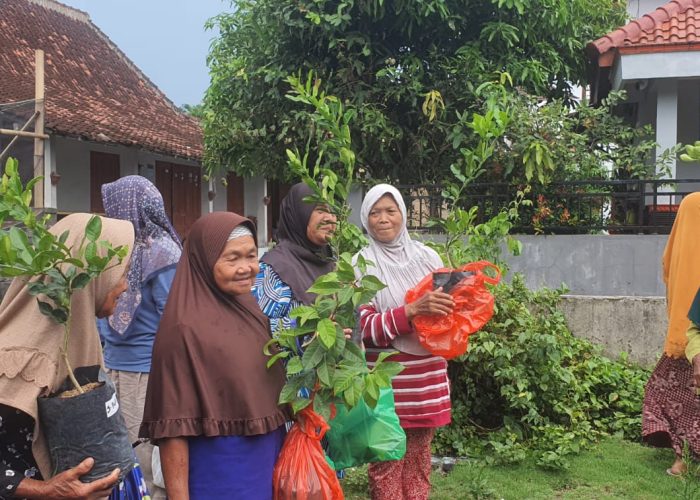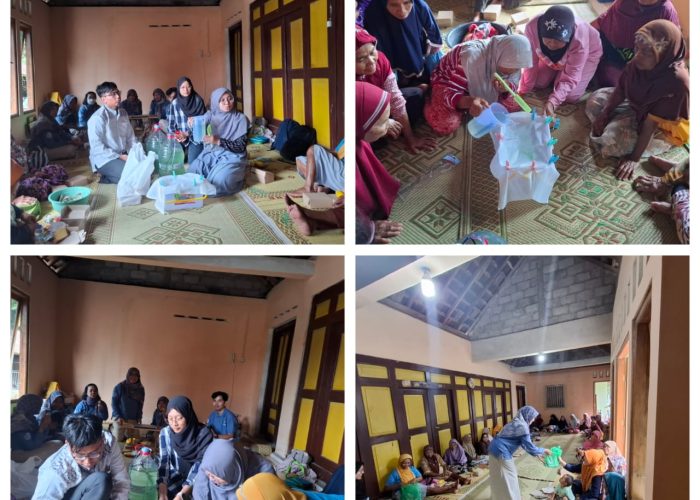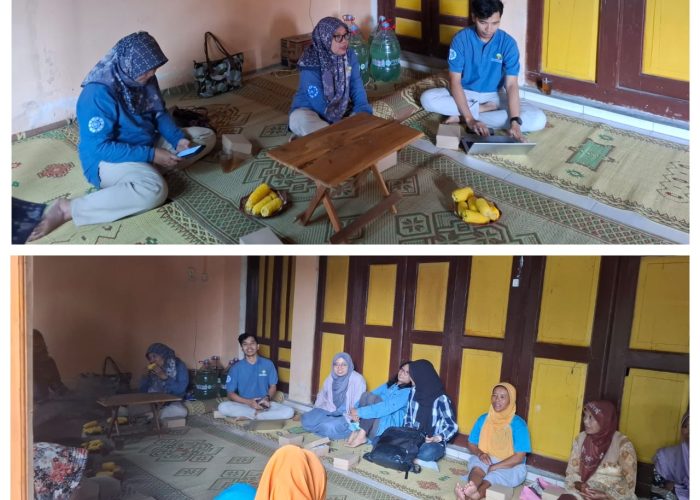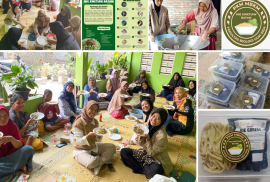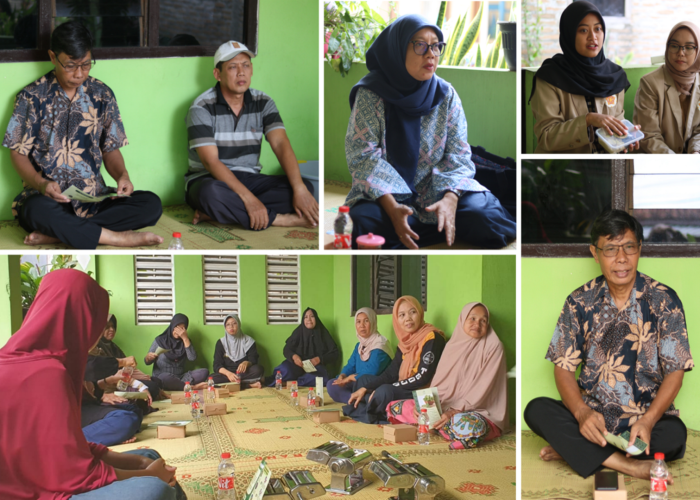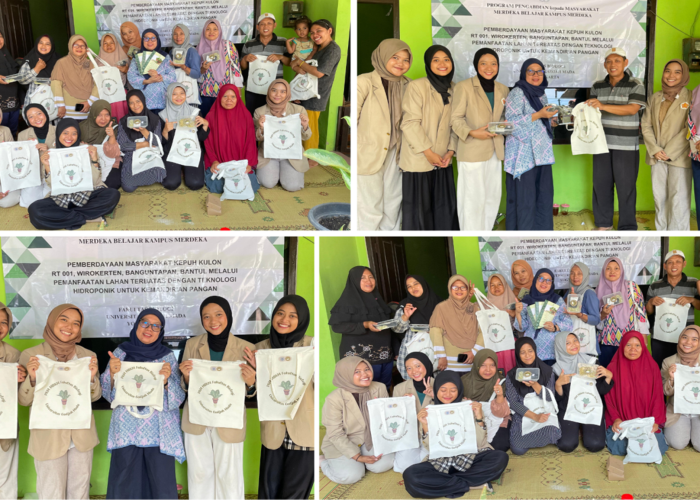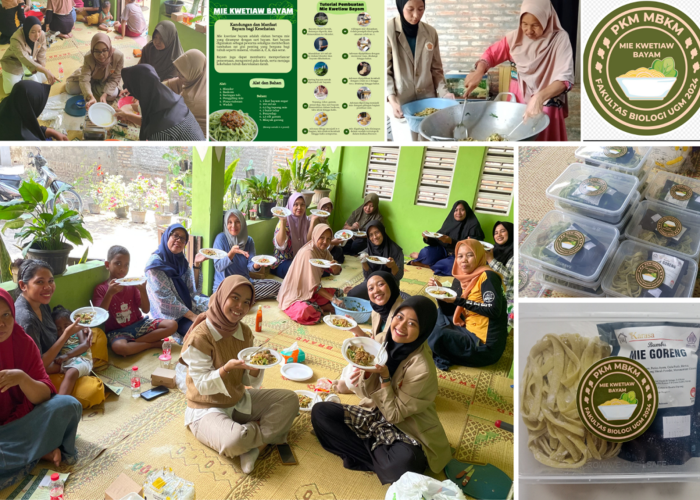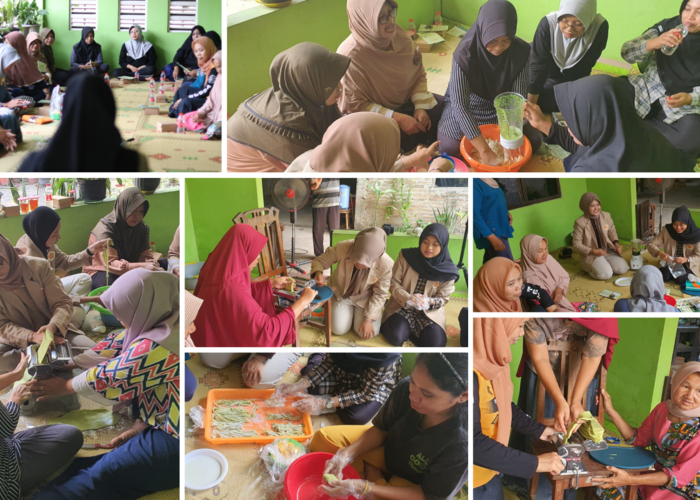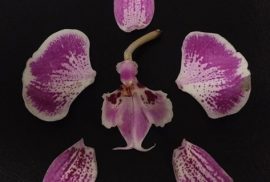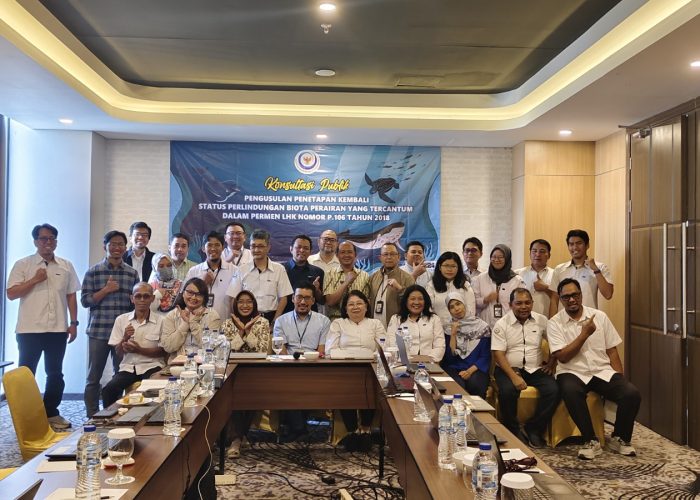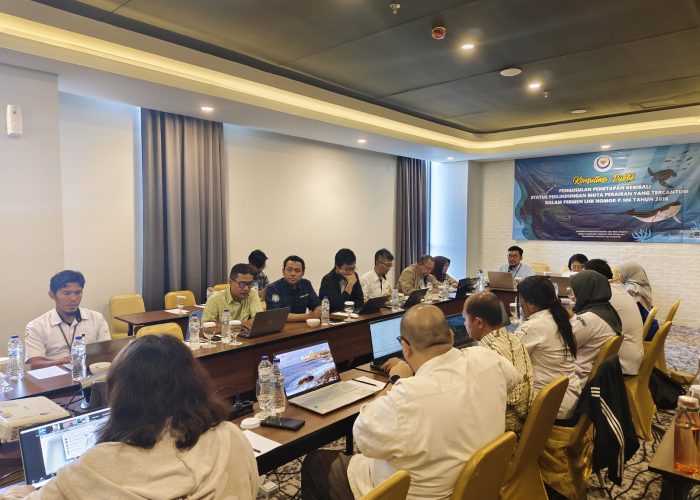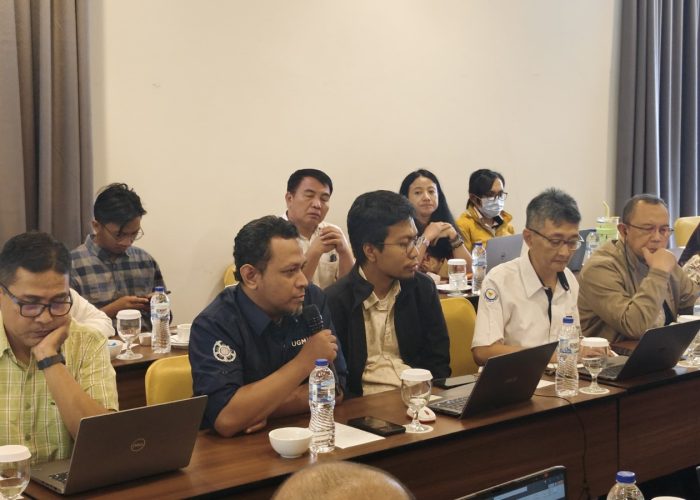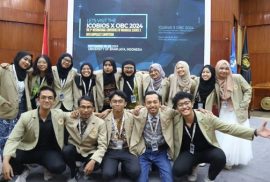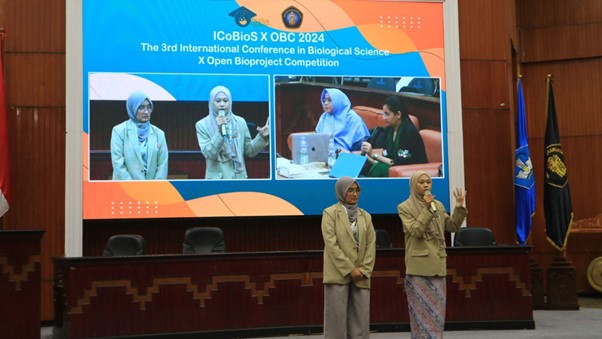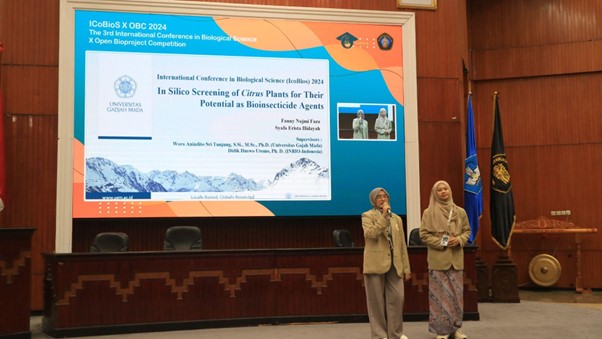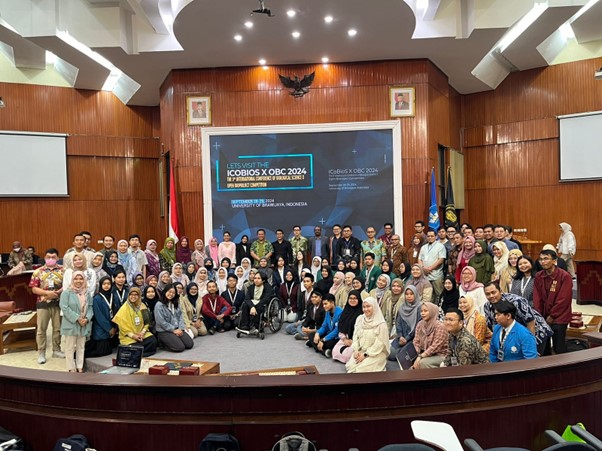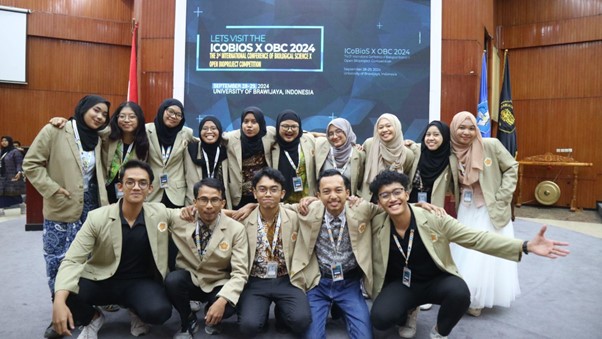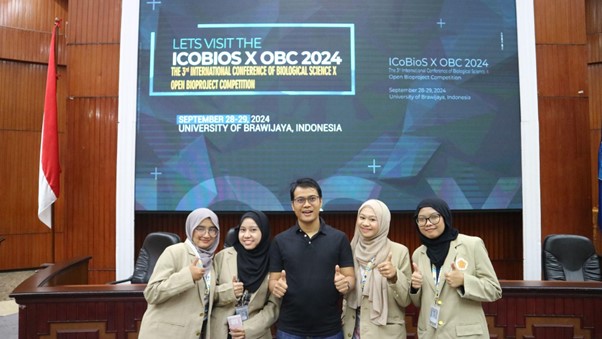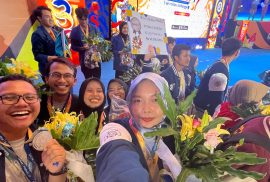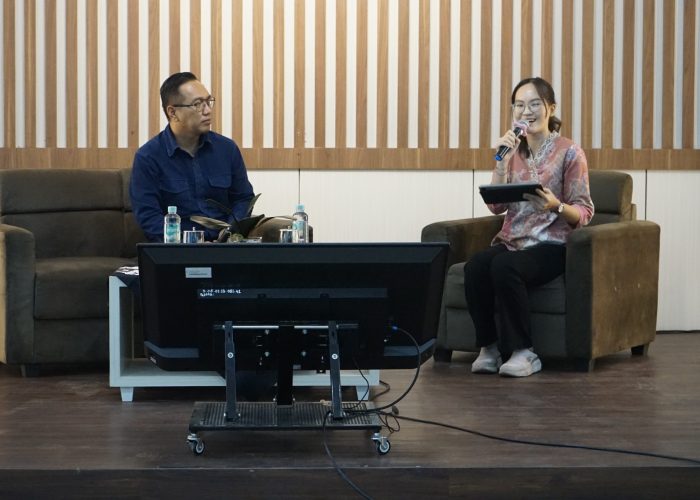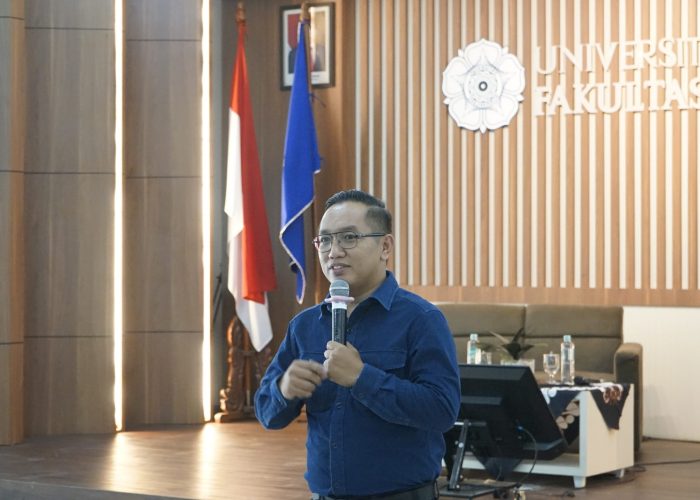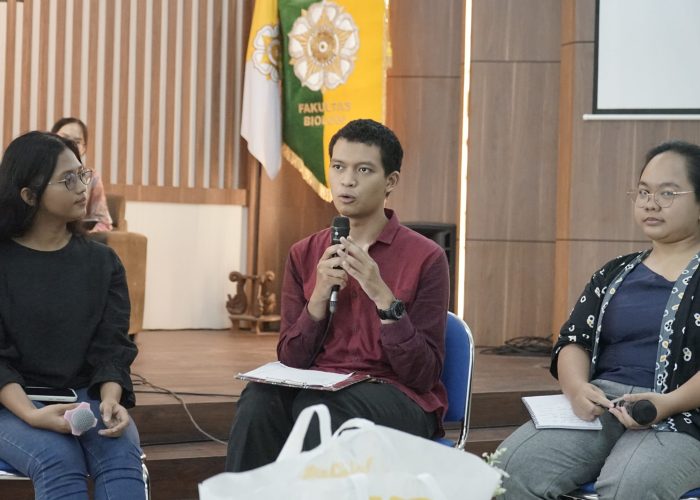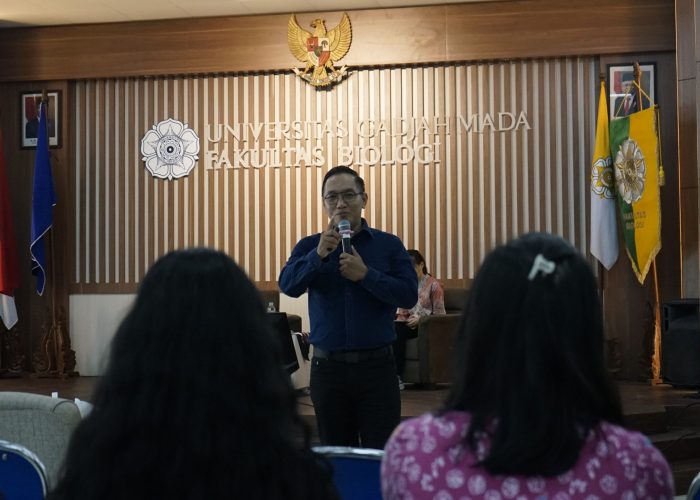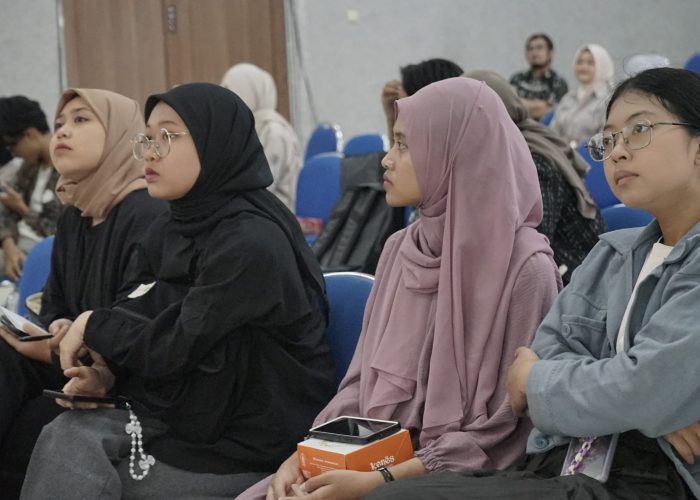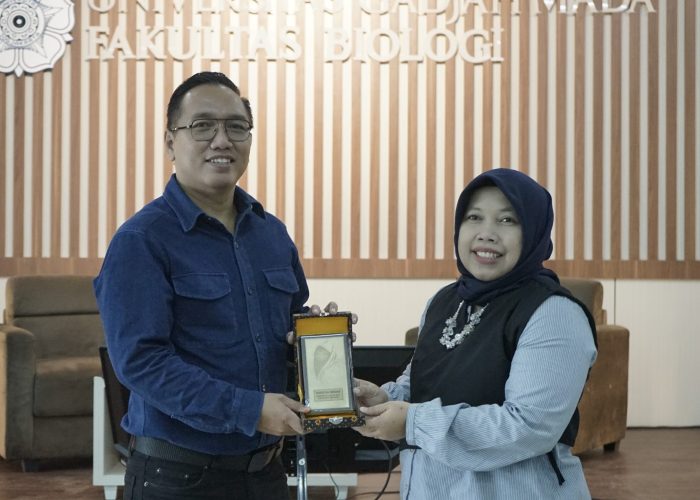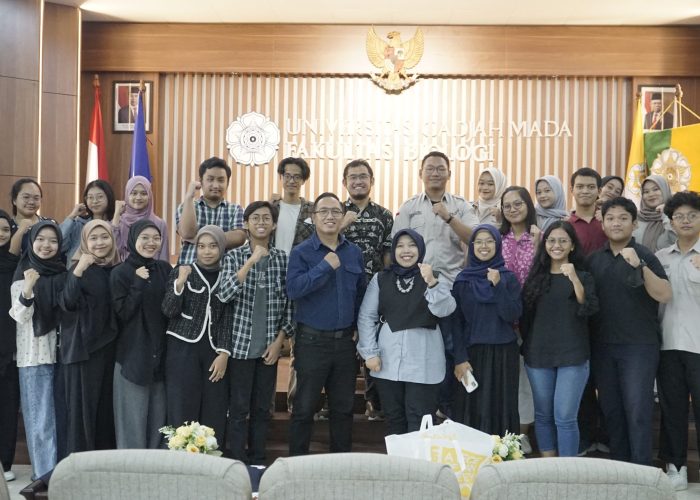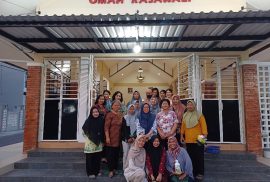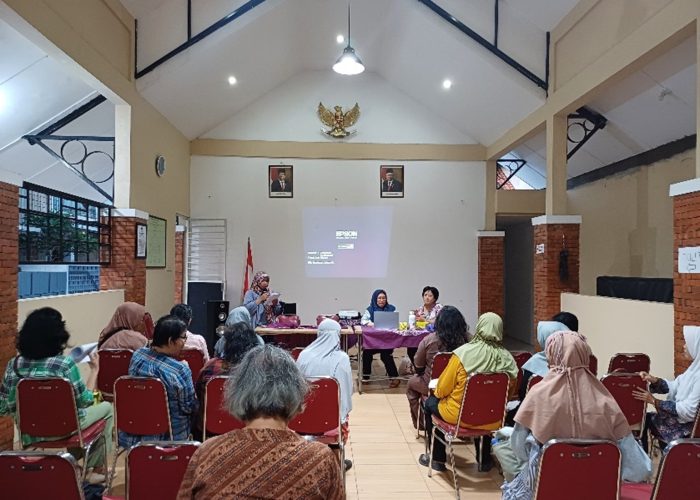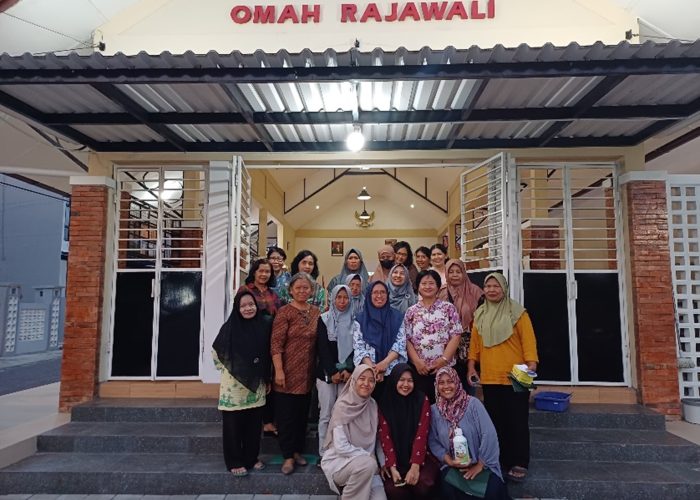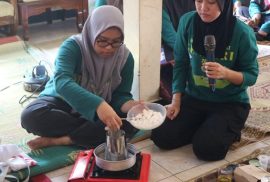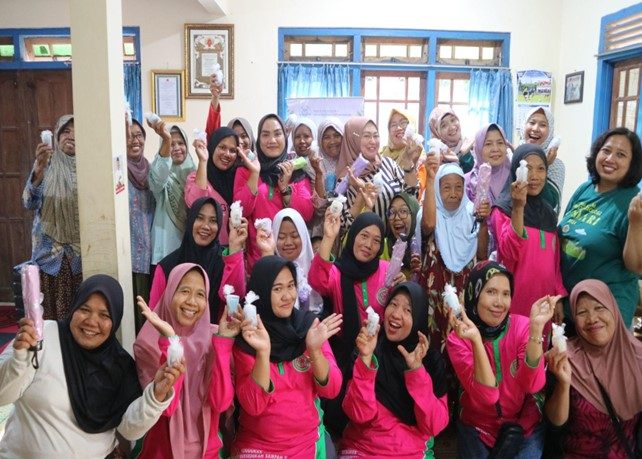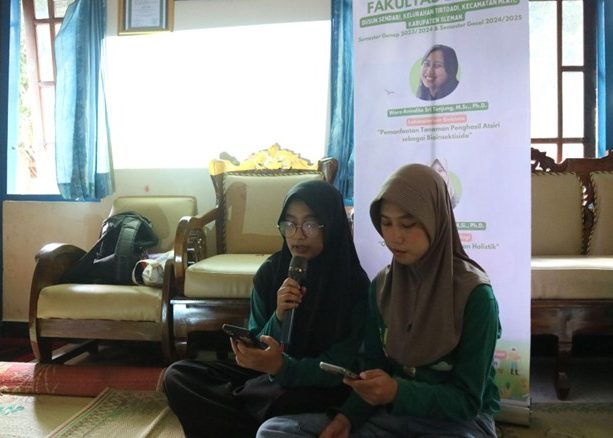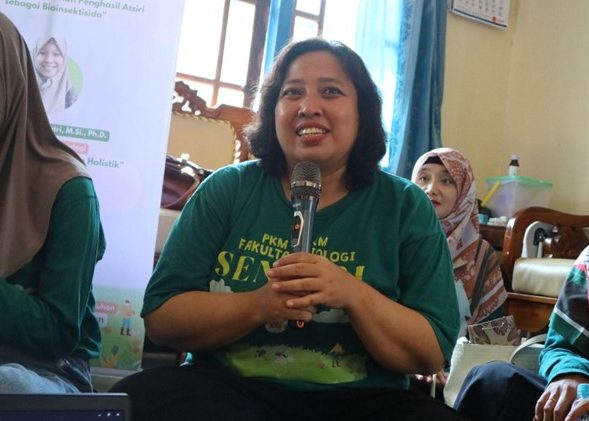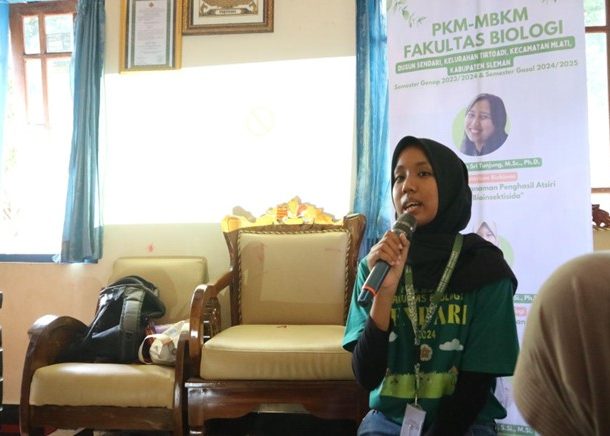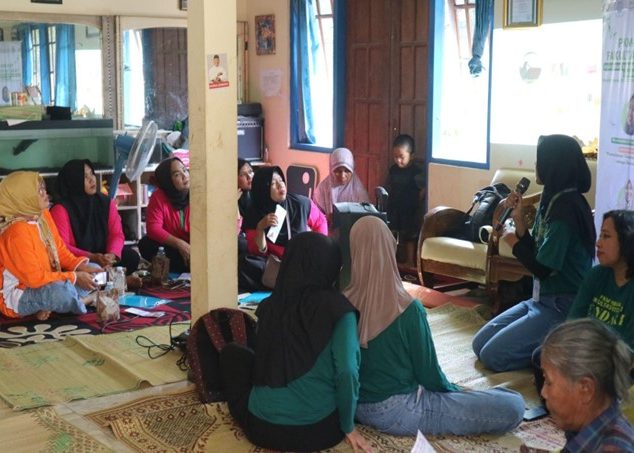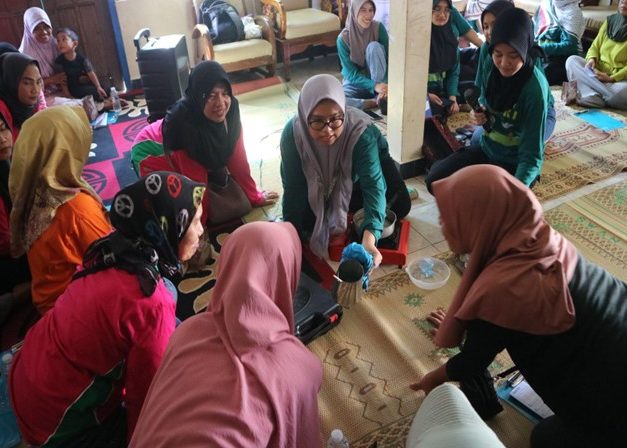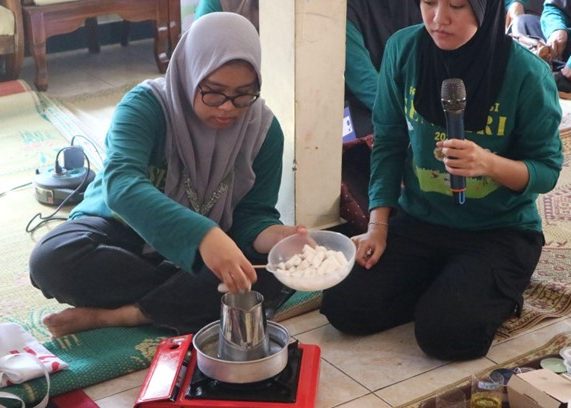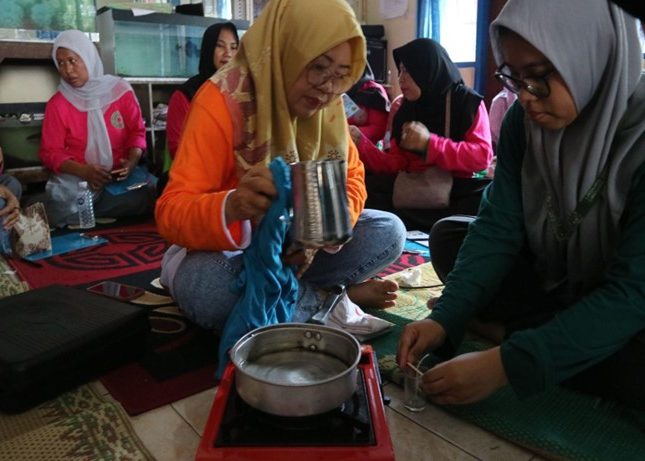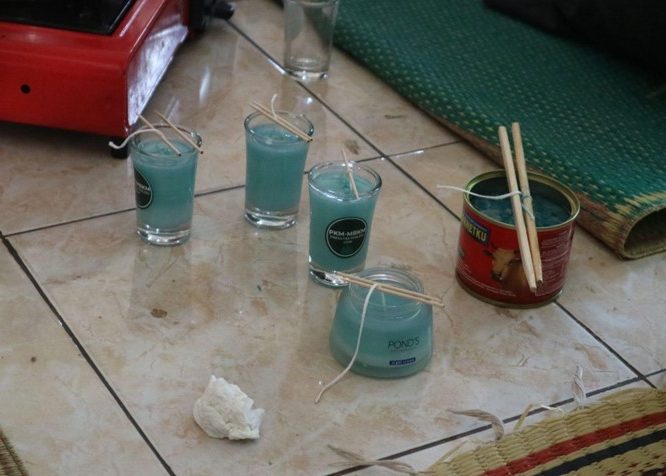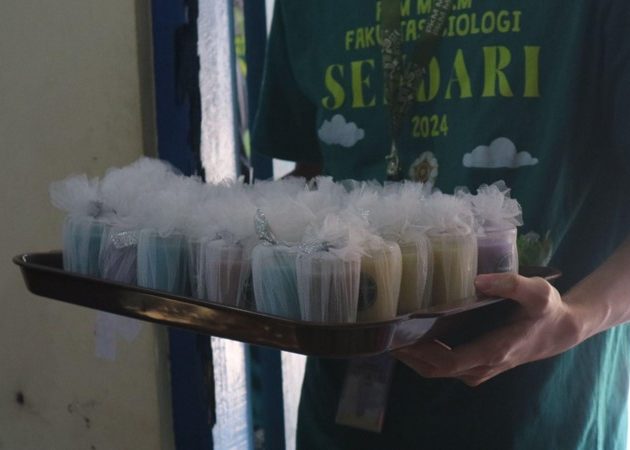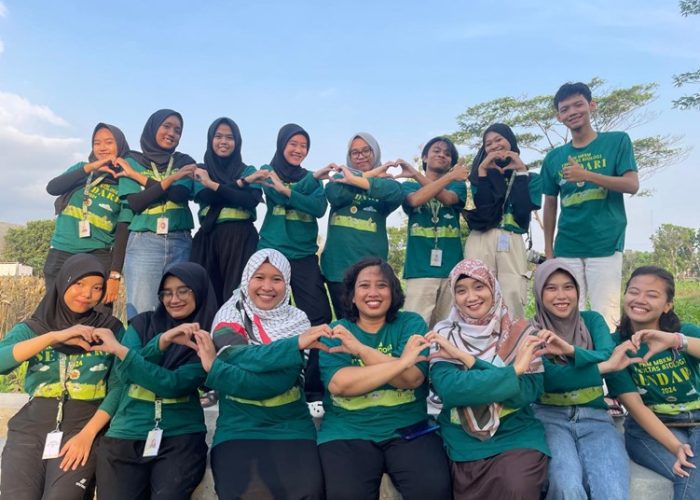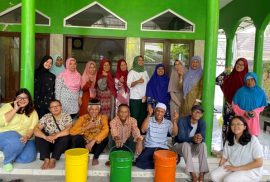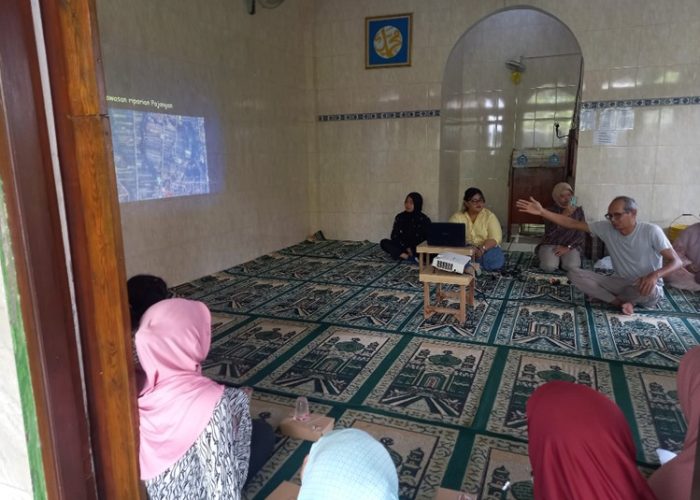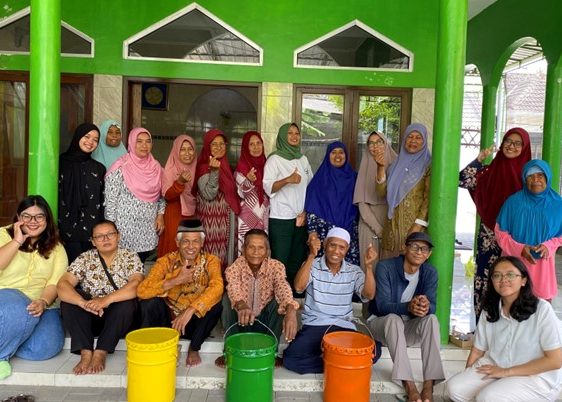On Saturday, October 26, 2024, a community service activity titled “Training on Health Beverage Production from Garden and Community Service Evaluation” was held at the Mrican Village Meeting Hall. The event was attended by members of the Srikandi Women Farmers Group, led by Mrs. Nur Handayani. The training and educational sessions were delivered by Dr. Dra. Rr. Upiek Ngesti W.A., DAP&E, M.Biomed., accompanied by Prof. Dr. Niken Satuti Nur Handayani, M.Sc., and Nur Indah Septriani, M.Sc., Ph.D.
During the training, participants produced a health beverage based on “herbal plant concoctions with medicinal benefits,” branded as “TomSel”, an abbreviation of “tombo kesel” (Javanese for “cure for exhaustion”). The product will be showcased at the upcoming Research Day event hosted by the Faculty of Biology, UGM. Alongside the preparation of the health beverage, the session also covered techniques for creating attractive and sustainable packaging, as well as strategies for effective marketing.
The activity included a feedback session where community members, represented by Srikandi group members, shared their impressions with the Desa Mitra (Partner Village) service team as part of the evaluation. The event concluded with a visit to the demonstration garden.
This initiative exemplifies the Faculty of Biology UGM’s commitment to implementing and achieving the United Nations Sustainable Development Goals (SDGs), particularly: (SDG 3) Good Health and Well-Being, (SDG 8) Decent Work and Economic Growth, (SDG 11) Sustainable Cities and Communities, (SDG 12) Responsible Consumption and Production, (SDG 15) Life on Land, and (SDG 17) Partnerships for the Goals.
Through sustainable collaboration with Srikandi Women Farmers Group, the Faculty of Biology aims to foster healthy and prosperous living. The Desa Mitra team’s dedication and teamwork ensured the event’s vibrancy and success.
Partnering with Srikandi for a healthier life,
A prosperous dream free of strife.
The Desa Mitra team, committed and strong,
Making this event lively all along.
Sustainable greetings from the Faculty of Biology!

